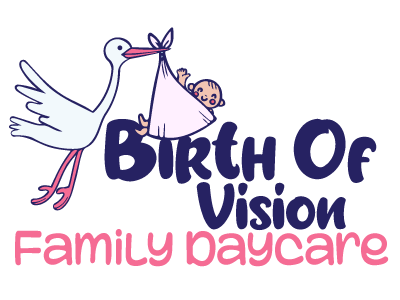Infant services are programs and resources designed to support the healthy development of babies and young children. These services can include medical care, early intervention programs, parent education, and social services.
Medical care for infants typically involves regular check-ups to monitor growth and development, as well as vaccinations to protect against infectious diseases. Early intervention programs can help infants and young children who are at risk for developmental delays or disabilities. These programs may involve speech therapy, occupational therapy, and other specialized services.
Parent education programs can provide support and guidance for new parents as they navigate the challenges of caring for a young child. These programs may cover topics such as infant nutrition, sleep, and child development. Social services can provide assistance to families who may be facing financial or other challenges that can impact their ability to provide for their child’s needs.
Infant services are typically provided by a variety of professionals, including pediatricians, nurses, therapists, and social workers. These professionals work together to provide comprehensive care and support for infants and their families.

Infant daycare
Infant daycare is a childcare service that provides care for babies and young children typically between the ages of 6 weeks to 18 months. These programs offer a safe and nurturing environment where infants can receive individualized attention, engage in age-appropriate activities, and receive proper nutrition and care while their parents or guardians are at work or unavailable.
Infant daycare programs are staffed by trained caregivers who have experience in caring for young children. They may provide a variety of activities designed to stimulate the infants’ cognitive, social, and emotional development, such as reading books, singing songs, playing with toys, and engaging in interactive play.
Infant daycare programs typically have strict health and safety guidelines to ensure the wellbeing of the children in their care. This may include regular cleaning and sanitizing of toys and surfaces, frequent handwashing, and strict policies on illness and medication administration.
Parents or guardians may need to provide their own supplies, such as diapers, formula, and extra clothes. The cost of infant daycare can vary depending on the location, the level of care required, and the duration of care needed.
When choosing an infant daycare program, it’s important to research and visit different options, ask questions about staff qualifications, policies, and procedures, and evaluate the environment and activities provided to ensure the program meets the individual needs of your child.

Infant child care
Infant child care is a type of child care that provides a safe and nurturing environment for babies and young children typically between the ages of 6 weeks to 18 months. These programs offer specialized care for infants and may have different requirements and guidelines than childcare programs for older children.
Infant child care programs are staffed by trained caregivers who have experience in caring for young children. They may provide a variety of activities designed to promote the infants’ cognitive, social, and emotional development, such as tummy time, music and movement, sensory play, and outdoor exploration.
Infant child care programs typically have strict health and safety guidelines to ensure the wellbeing of the children in their care. This may include regular cleaning and sanitizing of toys and surfaces, frequent handwashing, and strict policies on illness and medication administration.
Parents or guardians may need to provide their own supplies, such as diapers, formula, and extra clothes. The cost of infant child care can vary depending on the location, the level of care required, and the duration of care needed.
When choosing an infant child care program, it’s important to research and visit different options, ask questions about staff qualifications, policies, and procedures, and evaluate the environment and activities provided to ensure the program meets the individual needs of your child. It’s also important to consider the location, hours of operation, and cost of the program, as well as any additional services or benefits provided.
